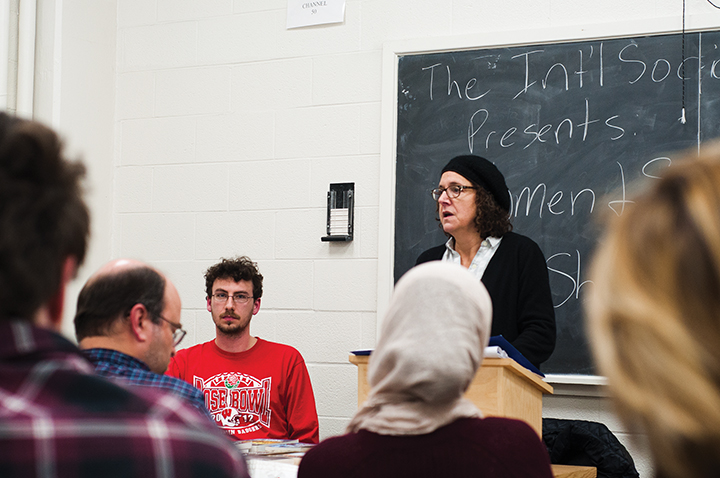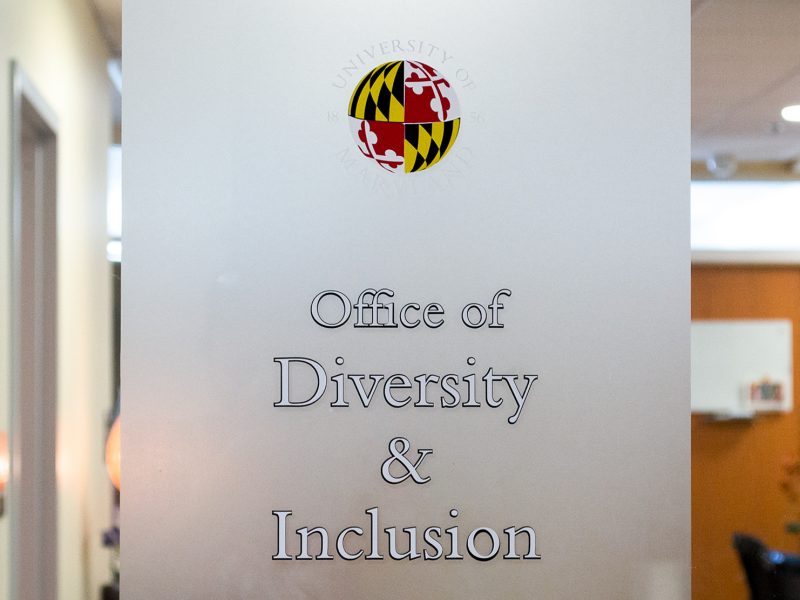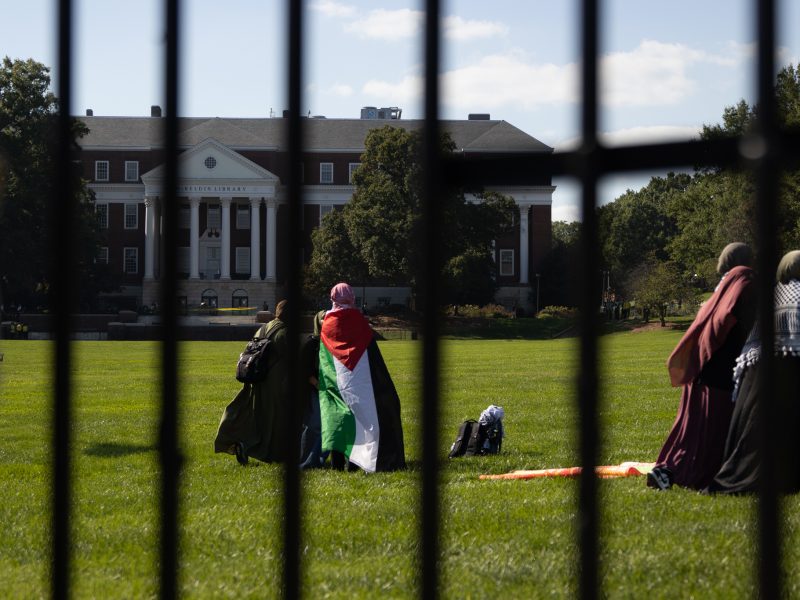Sydney Harrington was excited to attend a discussion about women’s rights and socialism but didn’t expect to see many men in the audience.
However, when the freshman elementary education major came to see author and socialist activist Sharon Smith speak to students and members of the International Socialist Organization about these topics, the crowd of about 30 gathered in Jiménez Hall on Friday night was about evenly split between men and women.
“I was really surprised at how many men were taking issue with women’s rights,” Harrington said. “It was really refreshing to see someone other than a woman advocating for our rights.”
Smith spoke about how society had failed to look out for women, including how women have historically been considered second-class citizens with primary roles as devoted wives and mothers.
This lower social standing is still evident in widespread conventions such as women taking their husbands’ last names when they get married, Smith said.
“Our society is backwards in the sense that the government automatically assumes that women are willing to be dominated by the male breadwinner of the home and give up their last name for a new identity,” she said.
The event, the latest in a series hosted by the International Socialist Organization, was a response to many students’ interest in finding out more about the connections between women’s rights and socialism, said Shane James, a member of the organization and junior secondary education major. Movements such as Black Lives Matter brought these issues to students’ attention, he said.
“After all the social movements that happened last semester on campus, our group wanted to host an event that focused on the social injustices that all women are experiencing in our society today,” James said.
Smith also addressed the difficulties women of color face when it comes to employment, including how nonwhite women are often subject to more disadvantages because of tougher jobs and additional forms of discrimination. Issues such as these are focuses of black feminism.
“Black feminism can relate to how much of an issue race and class brought up in an era where white men would take advantage of black women and demean them for their own pleasure,” Smith said.
Freshman food science major Mary DiMambro said her favorite takeaway from Smith’s talk was the topic of intersectionality for women.
“I found it interesting to see how interconnected everything is,” said DiMambro. “Racism is a part of sexism; it’s a part of the economy and classism. So everything just made sense to see how disadvantaged women are in all these categories.”
Smith ended the night by bringing up how women benefit from socialism.
“What could a woman’s life be like in a socialist society?” Smith asked. “Creating possibilities of living the way women want to be happy would be the ultimate goal in solving all the issues that women face in today’s society.”



